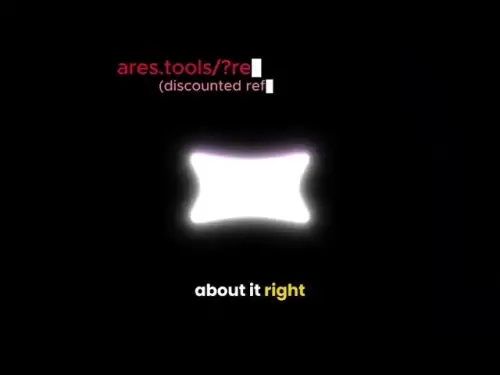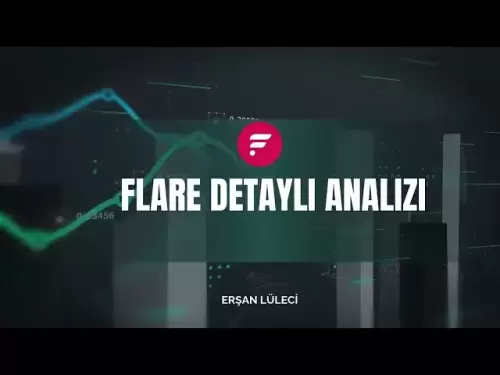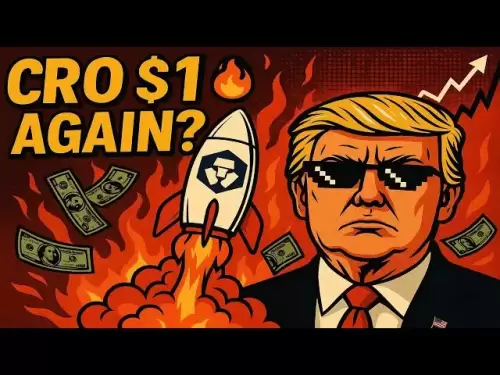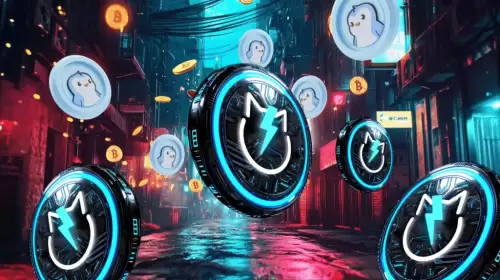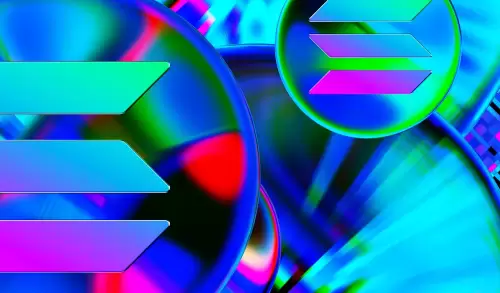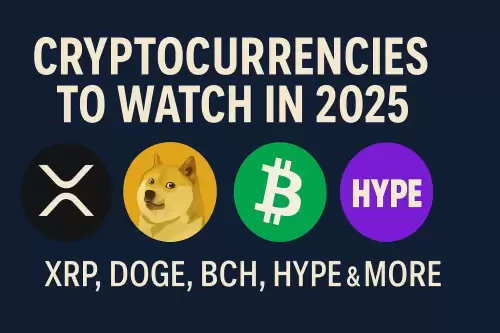Pencil Finance is shaking up education financing in the Philippines and Indonesia. Discover how they're using blockchain to make student loans more accessible.

Pencil Finance is diving headfirst into the student loan scene in the Philippines and Indonesia, aiming to bridge the education financing gap. This decentralized lending startup is testing whether blockchain can make a difference.
On-Chain Capital for Education
Pencil Finance has deployed $1 million in on-chain capital to fund student loans in the Philippines and Indonesia. This capital is split into two tranches: a $750,000 senior tranche with a fixed 15% annual yield and a $250,000 junior tranche with variable returns and first-loss risk. The initiative operates on EDU Chain, a Layer-3 blockchain designed for educational applications.
How It Works
Funds are initially provided by Animoca Brands, Open Campus, and NewCampus. These funds are then distributed to education partners, like ErudiFi, who convert them into local fiat currencies for student loans. While the process aims to decentralize capital flow and repayments, borrower evaluation remains centralized for now.
The Problem: High Interest Rates
In emerging markets, many capable students are locked out of education due to a lack of credit history or collateral. Existing financing options often come with sky-high interest rates. In the Philippines, for example, students often rely on private lenders with annual interest rates ranging from 30% to over 100%. Pencil Finance, through ErudiFi, offers rates starting at 1.9% per month, plus service fees, which still compounds to an effective annual rate of approximately 25.34%, much higher than in the U.S.
A Transparent Alternative?
On-chain student loans could provide a more transparent alternative. Jiro Reyes, CEO of Bitskwela, believes that filling these gaps could put Pencil Finance on the map. This launch also aligns with renewed interest in tokenized real-world assets. The student loan market is valued at approximately $3.3 trillion, and tokenizing even a fraction of it could significantly impact the blockchain space.
My Take
While Pencil Finance's initiative is a step in the right direction, the interest rates remain a significant hurdle. The promise of transparency and decentralization is compelling, but the real test will be whether they can drive down borrowing costs and make education truly accessible. Perhaps the transition to a DAO model, where $PEN token holders govern the platform, could introduce innovative solutions and community-driven strategies to further reduce these costs.
The Future Looks... Educated?
It's exciting to see Pencil Finance tackling this challenge head-on. Will they revolutionize student loans in Southeast Asia? Only time will tell, but it's definitely a space to watch!
Disclaimer:info@kdj.com
The information provided is not trading advice. kdj.com does not assume any responsibility for any investments made based on the information provided in this article. Cryptocurrencies are highly volatile and it is highly recommended that you invest with caution after thorough research!
If you believe that the content used on this website infringes your copyright, please contact us immediately (info@kdj.com) and we will delete it promptly.



































